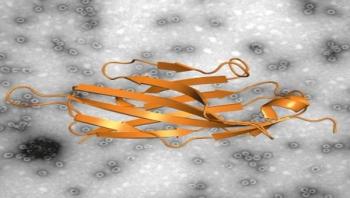
News








Patient Safety Awareness Week, being celebrated March 8-14, 2015, is an excellent time to review current practice and identify weaknesses that need to be addressed. Nowhere is this more important than in the operating room (OR), where perioperative professionals and infection preventionists can collaborate to determine knowledge gaps and ways to mitigate and eliminate risk of infection and adverse events.

Vanderbilt University Medical Center (VUMC) in Nashville, Tenn. is making strides in addressing exposure of healthcare personnel to bloodborne pathogens (BBPs) through not only using safety-engineered sharp devices (SESDs) and other safe practices such as double-gloving, but also by maintaining a standardized system to examine requests for waiver from expected practices.

Every healthcare organization need supplies and tools to achieve high quality care, but patient safety resources can be a difficult goal to plan into a hospital budget. Though we tend to think of a hospital as the place where patients find care rather than dangers, patients do face risks inherent to a caregiving facility. To ensure patient safety, hospitals often purchase these five must-have supplies, tools and resources:

Infection with highly contagious noroviruses, while not usually fatal, can lead to a slew of unpleasant symptoms such as excessive vomiting and diarrhea. Current treatment options are limited to rehydration of the patient.









A good immune system relies on a key 'energy producing' protein in immune cells to develop immunity to vaccines and disease, an international team of scientists has found. The protein, called HuR (human antigen R) is critical for controlling metabolism in B cells, which make antibodies that are essential in fighting infections and in developing long-term immunity after vaccination.









